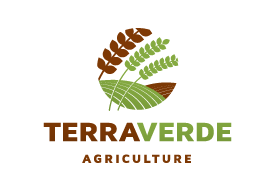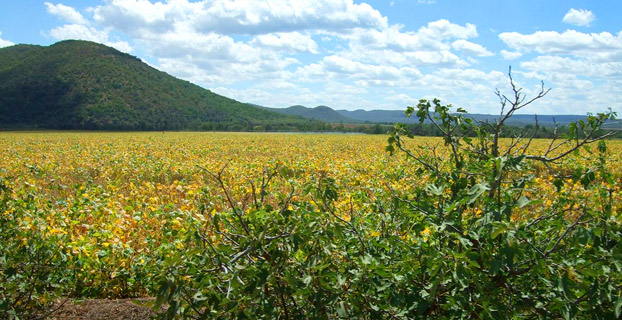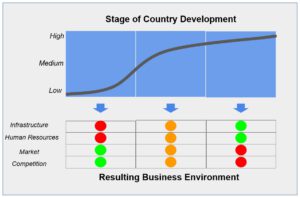



TerraVerde Agriculture was recently assigned to assess a large smallholder-focused rural development program hit by several macroeconomic and competitive disruptions in recent years.
Our mission was to perform a rigorous risk assessment evaluation and develop robust management and mitigation strategies to improve economic performance, smallholder livelihood in a developing country, and overall sustainability and resilience of the program.
As a background we adopted the theory that as an economy develops from “Low” to “Medium” levels of development, and then eventually on to “High”, the business environment undergoes radical transformations.
Therefore, the resources, capabilities, and key success factors (KSFs) required for an enterprise to prosper in that economy shift radically too
.
Business Environment as a function of Country Development Ranking*



Igal Flash and Cindy his wife were murdered by Hamas killers in their home in Kfar Aza, in the horrific attack that took place in the Western Negev on Saturday,
october 7.
Igal, was one of the professional pillars of field crops in Israel, especially in the cotton industry and in particularly in the Western Negev. They were brutally murdered in their home at Kfar Aza.
Igal continued a tradition of agriculture in this arid region, personally contributing to the continuous development from ancient rain-fed methods to the modern innovations of the 21st century. Building this robust agricultural environment not only boosted the settlement of a desert region with a thriving local economy, but also led to significant technological progress shared globally.
Further to the ceremony held in Israel we join the family in its mourning and in the fundraising efforts aimed to rebuild their lives, cover funeral expenses in Israel and the memorial in the US.
Be there for the Flash family:
https://gofund.me/014332c4
In addition to the murder and injury of thousands of people, the agriculture in the area was also significantly damaged.
Other support links forwarding to assistance to farmers and donations to victims can be found here: IRONMATCH
Your contributions will be much appreciated.